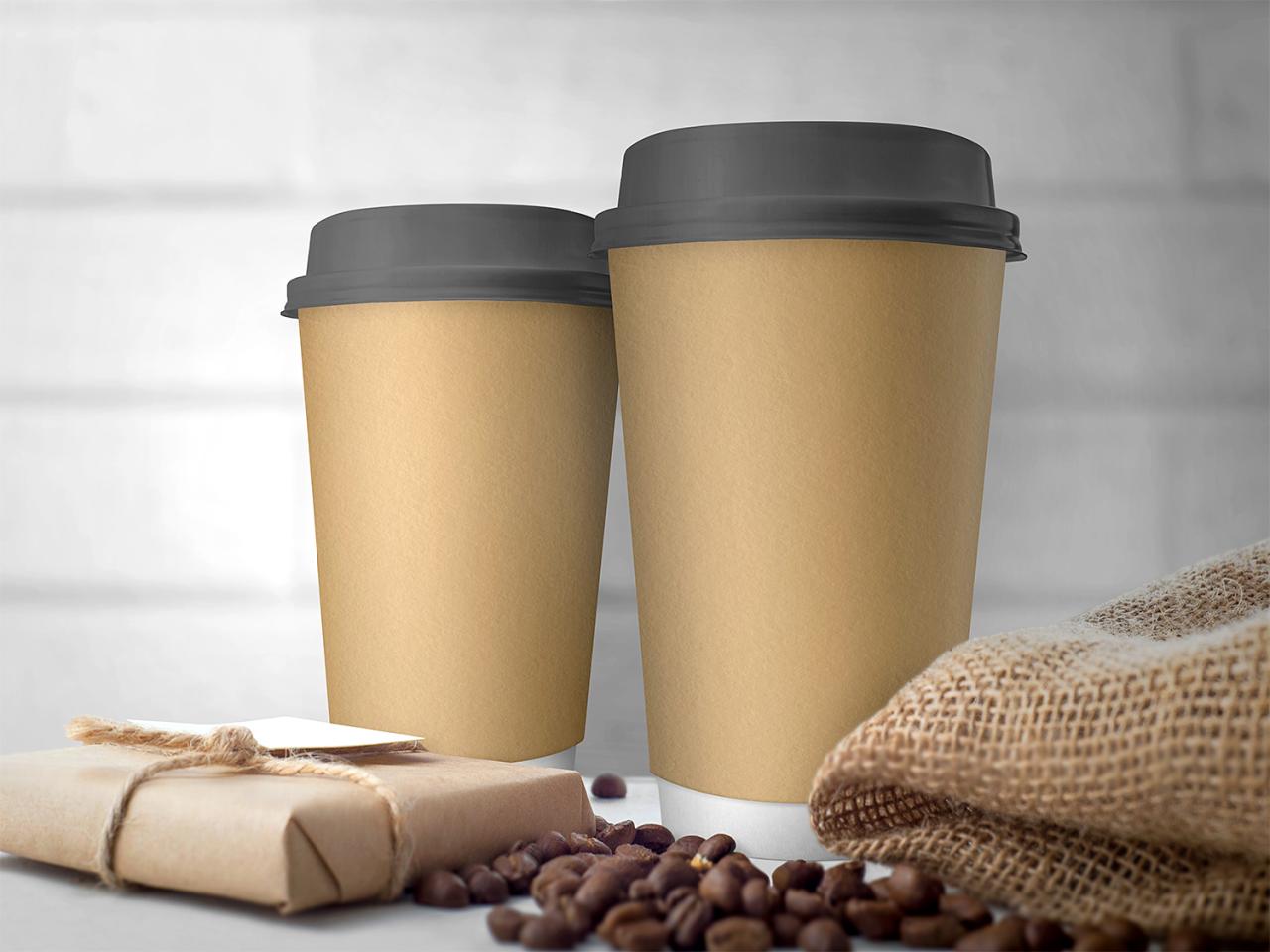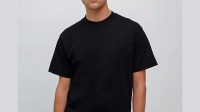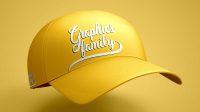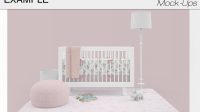
The Art of Mock Up Coffee: From Beans to Barista
Introduction
In the realm of coffee culture, the pursuit of perfection extends beyond the intricacies of bean roasting and brewing techniques. Mock up coffee, an ingenious creation, has emerged as a revolutionary tool that empowers baristas, designers, and coffee enthusiasts alike to visualize and experiment with coffee creations before they materialize in a physical form.
The Essence of Mock Up Coffee: A Designer’s Canvas
Mock up coffee, in its essence, is a coffee-like substance that possesses all the visual and tactile qualities of real coffee, minus the caffeine and flavor. Composed of finely ground, roasted barley or chicory, mock up coffee provides a blank canvas upon which baristas can unleash their creativity, practicing their latte art techniques, calibrating espresso machines, and showcasing their designs without the need for actual coffee grounds.
The Advantages of Mock Up Coffee: A Barista’s Ally
For baristas, mock up coffee offers a plethora of benefits that enhance their craft and optimize their workflow:
Practice Makes Perfect:
Mock up coffee allows baristas to hone their latte art skills extensively, experimenting with intricate patterns and designs without the fear of wasting precious coffee beans. By eliminating the pressure of creating a perfect pour on the first attempt, mock up coffee fosters a relaxed and experimental environment, enabling baristas to develop their technique and push the boundaries of their creativity.
Equipment Calibration:
Mock up coffee serves as an ideal medium for calibrating espresso machines, ensuring optimal extraction and flow rate. By using mock up coffee, baristas can fine-tune the grind size, tamp pressure, and water temperature, creating a consistent and high-quality espresso every time.
Showcase Skills:
Mock up coffee provides an excellent opportunity for baristas to showcase their skills and impress customers. Whether it’s a breathtaking swan design or a vibrant multi-layered rosette, using mock up coffee allows baristas to demonstrate their artistry and passion for their craft.
The Impact of Mock Up Coffee: A Designer’s Dream
Beyond the realm of baristas, mock up coffee has also found its niche in the world of design:
Product Development:
Mock up coffee plays a crucial role in the development and design of new coffee products. By providing a physical representation of the coffee’s appearance, it enables designers to visualize and refine the packaging, labeling, and presentation, ensuring that the final product meets the desired aesthetic and functional requirements.
Marketing and Promotion:
Mock up coffee serves as an invaluable tool for marketing and promotional campaigns, allowing designers to create visually stunning images and videos that showcase the allure and appeal of coffee products. Whether it’s a social media post, a print advertisement, or a product display, mock up coffee helps to capture the essence of coffee and entice potential customers.
Educational Purposes:
Mock up coffee has proven to be an effective educational tool, particularly in the context of coffee training programs and workshops. By providing a tangible representation of coffee grounds, it enables students to understand the different stages of coffee preparation, from grinding to brewing, in a safe and hands-on environment.
The Future of Mock Up Coffee: Innovation and Evolution
The future of mock up coffee holds immense promise. As technology advances, we can expect to witness innovative developments that enhance its functionality and versatility:
Smart Mock Up Coffee:
The integration of sensors and microcontrollers into mock up coffee could lead to the development of smart mock up coffee that provides real-time feedback on brewing parameters, such as temperature and extraction time, empowering baristas to achieve even greater precision and consistency.
Personalized Mock Up Coffee:
Advancements in 3D printing could pave the way for personalized mock up coffee, customized to specific coffee beans or blends. This would allow baristas to experiment with unique and exclusive designs, tailored to the preferences of their customers.
Mock Up Coffee as a Culinary Ingredient:
The culinary potential of mock up coffee remains largely unexplored. With its neutral taste and coffee-like appearance, it could be incorporated into various recipes, from desserts to savory dishes, adding a unique textural element and a touch of coffee aroma.
Frequently Asked Questions (FAQ) about Mock Up Coffee
What are the ingredients of mock up coffee?
Mock up coffee is typically made from finely ground, roasted barley or chicory. It may also contain other ingredients, such as cellulose, to enhance its texture and appearance.
Is mock up coffee caffeinated?
No, mock up coffee does not contain caffeine. It is a decaffeinated substance that is safe for individuals who are sensitive to caffeine or who wish to avoid its effects.
How does mock up coffee taste?
Mock up coffee has a neutral taste, similar to roasted barley or chicory. It does not possess the typical flavor profile of coffee beans.
Can I use mock up coffee in my home espresso machine?
Yes, you can use mock up coffee in your home espresso machine. It is important to note that mock up coffee may not produce the same crema or taste as actual coffee grounds.
Where can I buy mock up coffee?
Mock up coffee is available online from various coffee suppliers and specialty retailers. You can also find it in some coffee shops and cafes.
How should I store mock up coffee?
Mock up coffee should be stored in an airtight container in a cool, dry place. It should be used within six months of opening to ensure optimal quality.
Can I use mock up coffee to make cold brew?
Yes, you can use mock up coffee to make cold brew. Follow the same instructions as you would for making cold brew with regular coffee grounds, but adjust the brewing time accordingly.
Is mock up coffee sustainable?
Yes, mock up coffee is a sustainable alternative to traditional coffee grounds. Barley and chicory are both renewable resources, and their cultivation has a lower environmental impact compared to coffee beans.
Can I use mock up coffee to practice latte art on my own?
Yes, mock up coffee is an excellent medium for practicing latte art on your own. It allows you to develop your skills without wasting precious coffee beans.





